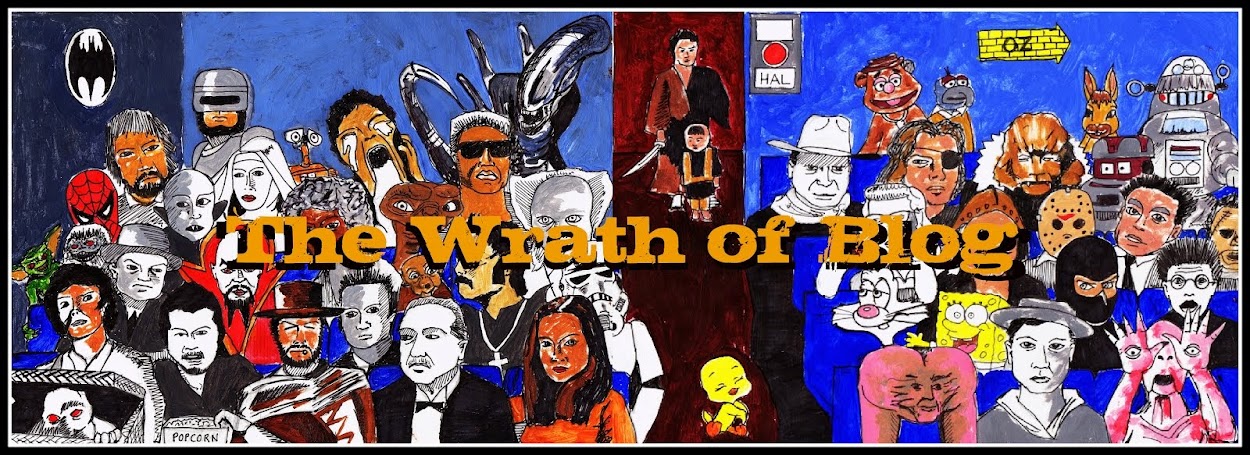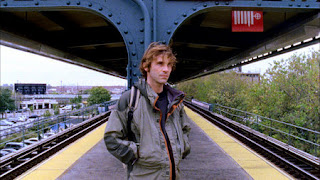 Bored with Africa and longing for their home in New York, the anthropomorphic foursome take sail to Monte Carlo, where the penguins and primates have already made themselves at home. An incident in a casino leads to a vicious, game-hunting animal control worker named Chantal DuBois (Frances McDormand) chasing them across the city. As the authorities close in, the group make a break for it by hopping on a circus train, where they are met with resistance by a bitter, once-famous performer Vitaly the Siberian tiger (Bryan Cranston), but welcomed by the doe-eyed jaguar Gia (Jessica Chastain) and the optimistic sea lion Stefano (Martin Short). With the circus lacking inspiration with a tired act, Alex and co. come up with a plan to reinvigorate the show as they tour Europe, in the hope of making enough money to get them home.
Bored with Africa and longing for their home in New York, the anthropomorphic foursome take sail to Monte Carlo, where the penguins and primates have already made themselves at home. An incident in a casino leads to a vicious, game-hunting animal control worker named Chantal DuBois (Frances McDormand) chasing them across the city. As the authorities close in, the group make a break for it by hopping on a circus train, where they are met with resistance by a bitter, once-famous performer Vitaly the Siberian tiger (Bryan Cranston), but welcomed by the doe-eyed jaguar Gia (Jessica Chastain) and the optimistic sea lion Stefano (Martin Short). With the circus lacking inspiration with a tired act, Alex and co. come up with a plan to reinvigorate the show as they tour Europe, in the hope of making enough money to get them home.Making up for the blocky, uninspired animation of the previous movies, Madagascar 3 is a feast for the eyes, really coming to life during the physics-defying, laser-filled circus shows. The script is slightly more sophisticated, which is possibly due to the involvement of Noah Baumbach, yet the characters still need to compensate for the lack of actual jokes by shouting nonsense or falling over. As for the newcomers, they are infinitely more engaging than the stock long-lost family members from part 2, with Cranston clearly revelling in the chance to do a ridiculous Russian accent, and Chastain purring it up as the love interest. However, the biggest impression is left by a character who doesn't speak at all; a giant female bear (the growls are performed by Frank Welker) who forms a weird romantic relationship with King Julien (Sacha Baron Cohen) in the movie's most endearing transgressive move. The narrative is packed with problems, but the whole thing whizzes by far too fast to care.
Directed by: Eric Darnell, Tom McGrath, Conrad Vernon
Voices: Ben Stiller, Chris Rock, David Schwimmer, Jada Pinkett Smith, Sacha Baron Cohen, Frances McDormand, Jessica Chastain
Country: USA
Rating: ***
Tom Gillespie
















